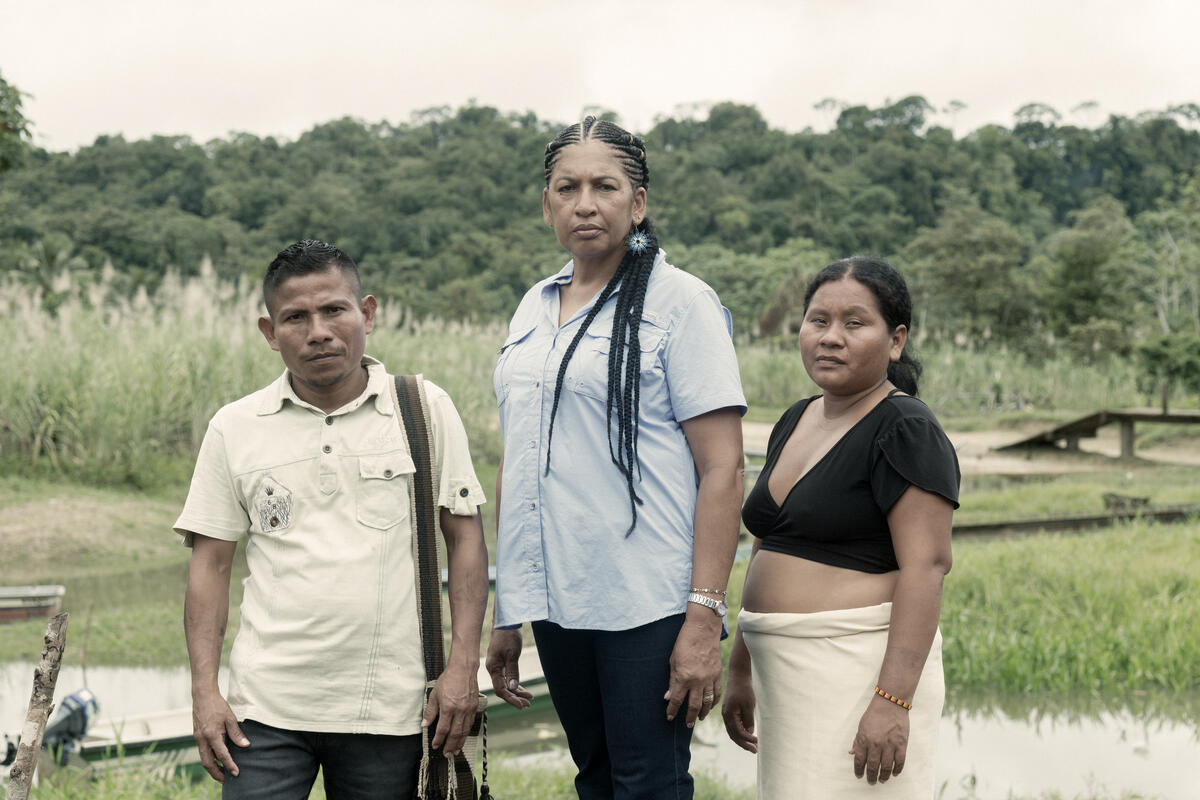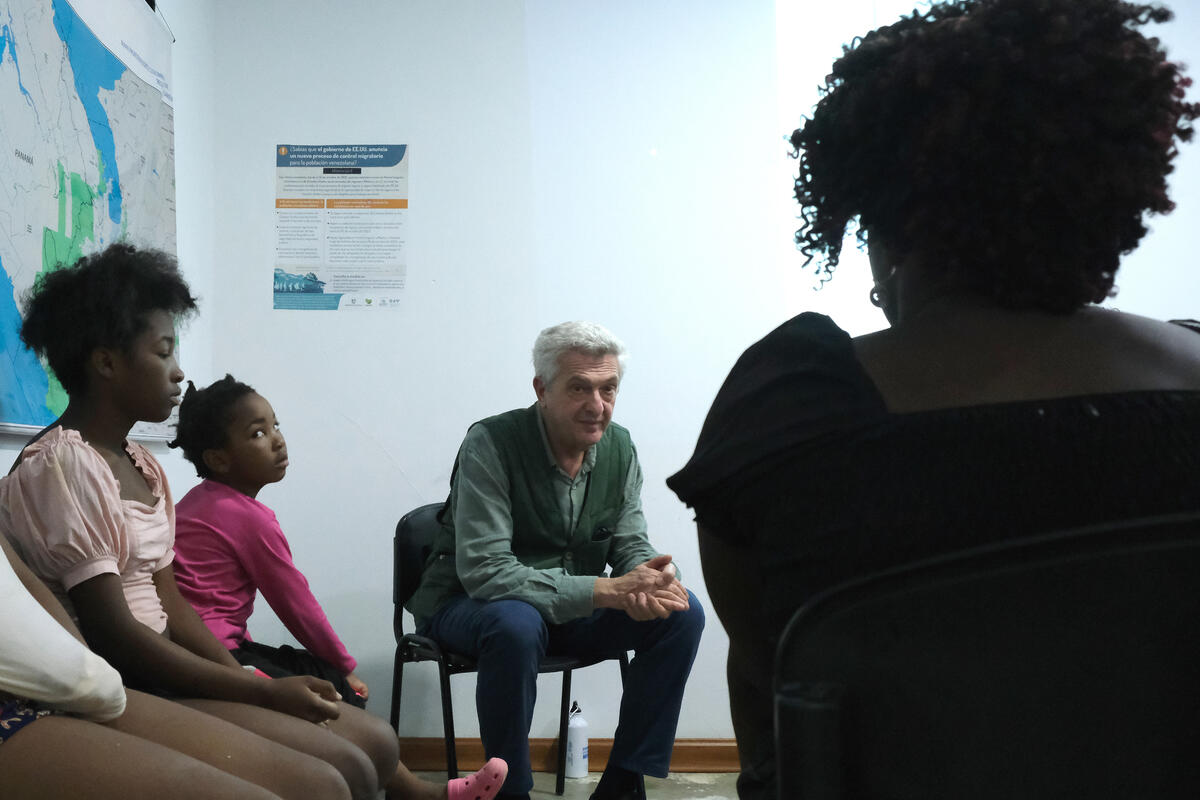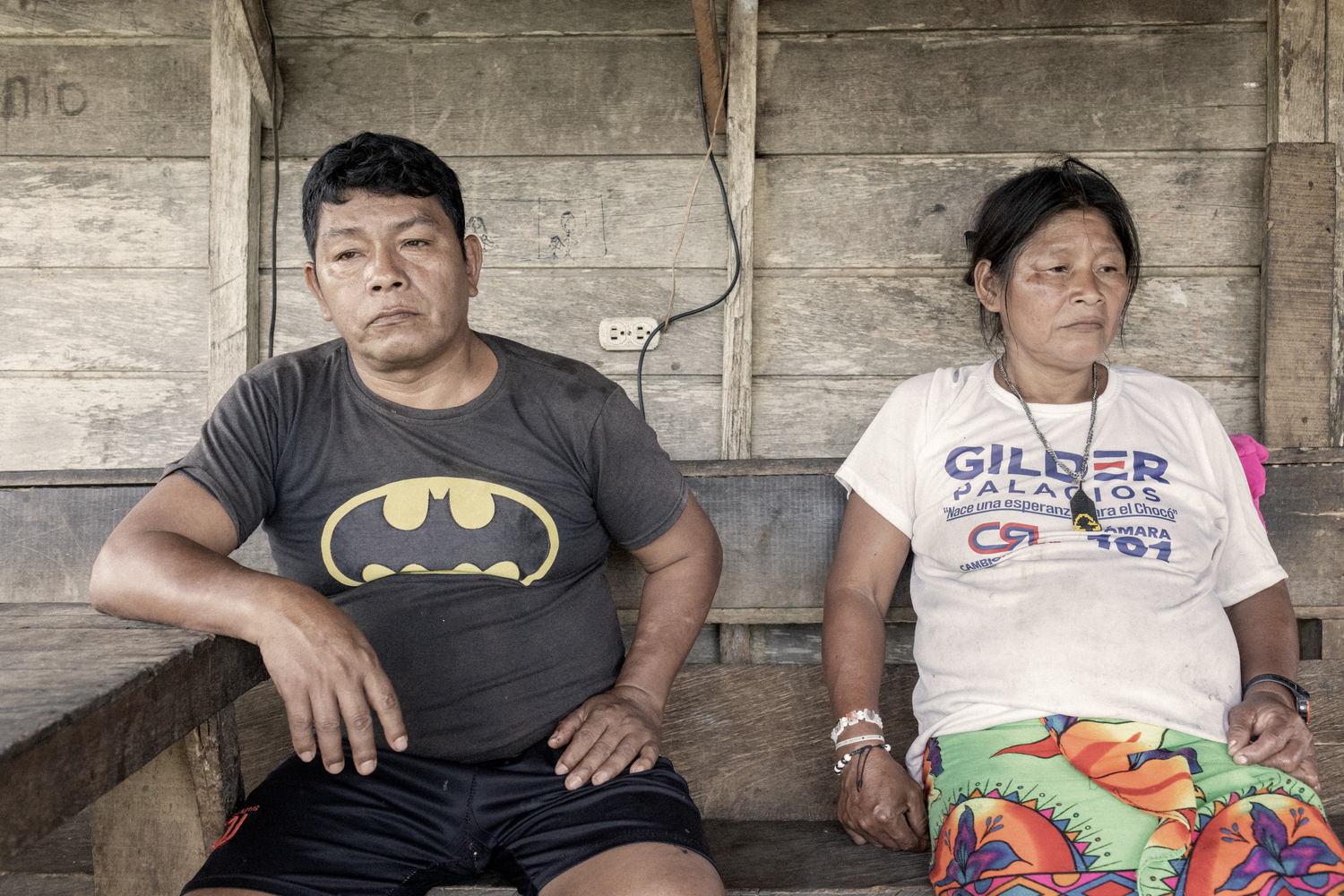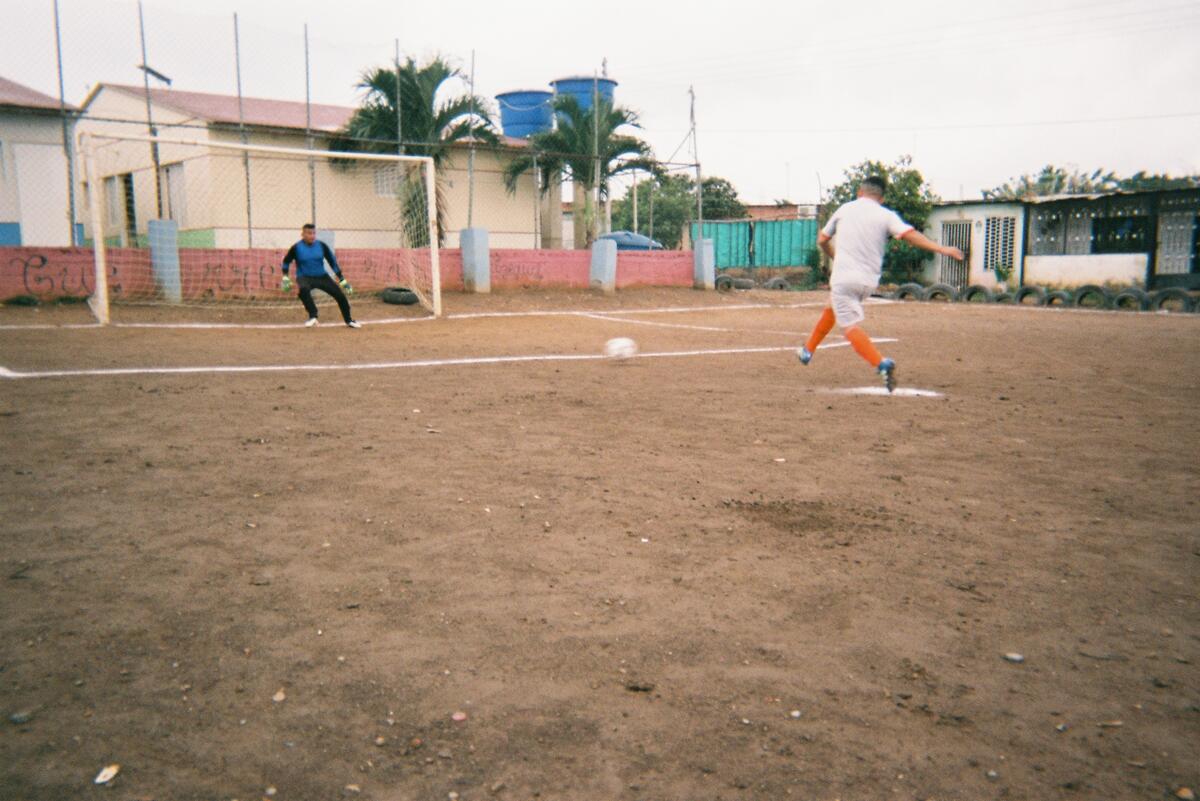Former Colombian child soldier overcomes adversity to build a new life
Former Colombian child soldier overcomes adversity to build a new life

BOGÓTA, Colombia, April 20 (UNHCR) - Elisa* was born and grew up in a culture of violence, and in the end it left her confined to a wheelchair yet lucky to be alive. But the former child soldier is seizing an unexpected opportunity to better herself and build for the future; she's studying to become a nurse.
The 19-year-old lives with a foster family in the Colombian capital, studies nursing and laps up literature in her spare time, especially the works of Gabriel Garcia Marquez. And while she still faces physical, emotional and social difficulties, Elisa has discovered that there is a life beyond the jungle and that disability need not prevent her from achieving her dreams.
The young woman is one of several thousand children to have been rehabilitated by a government welfare organization after spending time with illegal armed groups. A recent report released by the London-based International Tribunal on Children Affected by War estimates that about 14,000 children are active in Colombia's long-running internal armed conflict. They are used as informants, mine clearers, sexual slaves and coca planters
Elisa comes from the Granta municipality of central Colombia's Meta department. Illegal armed groups were present in the area for as long as she can remember and everybody carried guns in her neighbourhood. Life on the edge became quite normal for her.
At age 13, the violence came home in the most brutal way, when her father was shot dead by armed men demanding money. Feeling pain and anger, her reaction was to join an illegal armed group, whose members had made earlier offers to join their ranks. "I did not think about leaving my mother and my older brother behind. I just left hoping for a better future," Elisa told UNHCR.
The armed group became her new family. She spent most of her time cleaning and cooking or carrying weapons and coca leaves, which are used to produce cocaine. Elisa said there were many other youngsters of her age in the camp and she said she was only punished once, for refusing to carry a stove - she had to do more shifts and cooking for a month.
"Daily life in the camp was hard. I had to get up at 4:30 each morning to look for firewood to cook breakfast [before spending hours on guard]," she recalled. "Once you are there, you don't see any other future and you just carry on," Elisa said, adding that she only thought about leaving once; she thought she was pregnant and realized that she would be forced to have an abortion. It ended up being a false alarm.
The jungle could have become her life; many child soldiers in Colombia have ended up as hardened combat veterans, or dead. But Elisa's time with the armed group lasted just 14 months, coming to an abrupt halt during a clash between her colleagues and government soldiers.
She received a serious spine injury and was taken to the nearest hospital. Amid fears that her former colleagues wanted to silence her for good, the army moved her after two weeks to Bogotá, where she received further treatment.
But the doctors had bad news: she would never walk again. "It was difficult to spend so much time in the hospital without any hope of walking again." But Elisa had learned to be resilient in the forests of Meta and she has looked for the positives in the concrete jungle where she now lives.
In Bogotá, the government's Instituto Colombiano de Bienestar Familiar (ICBF) found her a place with a family, who were already looking after two other girls who had lived with illegal armed groups. The family welfare organization gave the family - with four of their own children - the equivalent of about US$300 a month for her upkeep and education-related costs. The ICBF says that slightly more than 4,800 demobilized child fighters have benefitted from its care programmes since 1999.
Meanwhile Elisa faces new challenges, but she has no regrets about her past - and no desire to go back. "The city seems like a dream, but it was difficult to integrate and I still want to make friends," Elisa revealed. She now sees her future as helping people; she is in her first year of nursing studies at university in Bogotá. She also occasionally visits her biological mother.
UNHCR promotes the creation of community networks in Colombia to provide a healthy protection environment for children and adolescents living in conflict-affected areas. In the southern department of Putumayo, UNHCR supports youth centres and protection projects, including improving school infrastructure. In this way, the refugee agency helped more than 350 children from indigenous groups in Putumayo.
* Name changed for protection reasons.
By Francesca Fontanini in Bogota, Colombia








